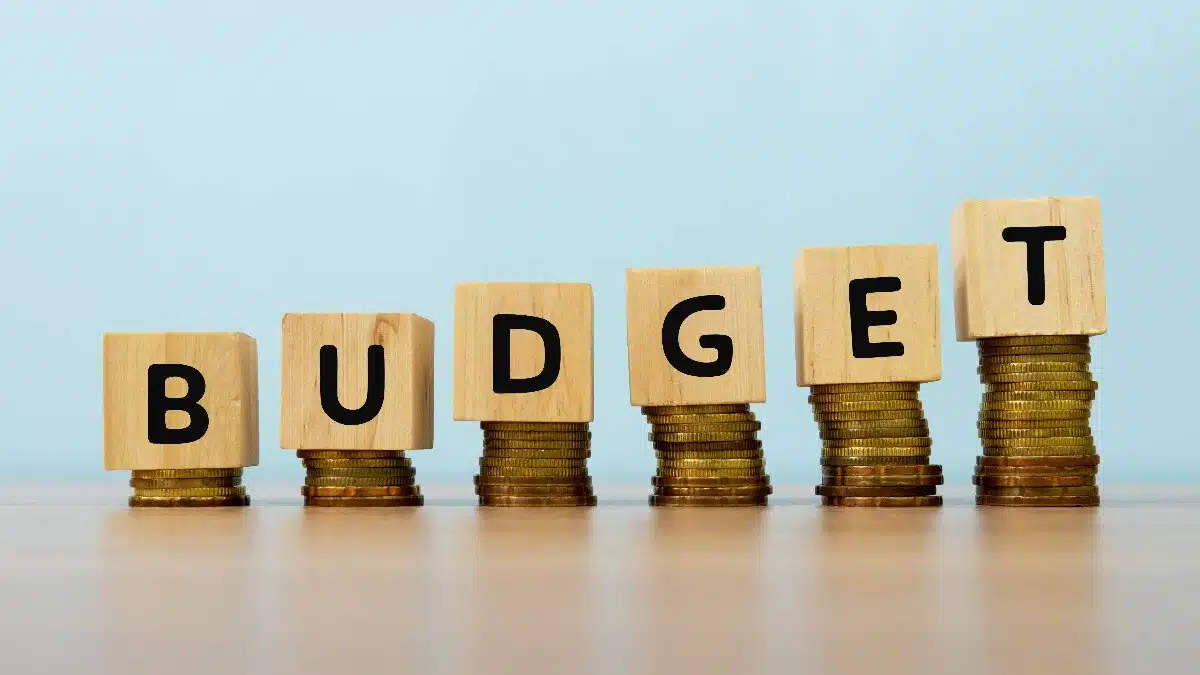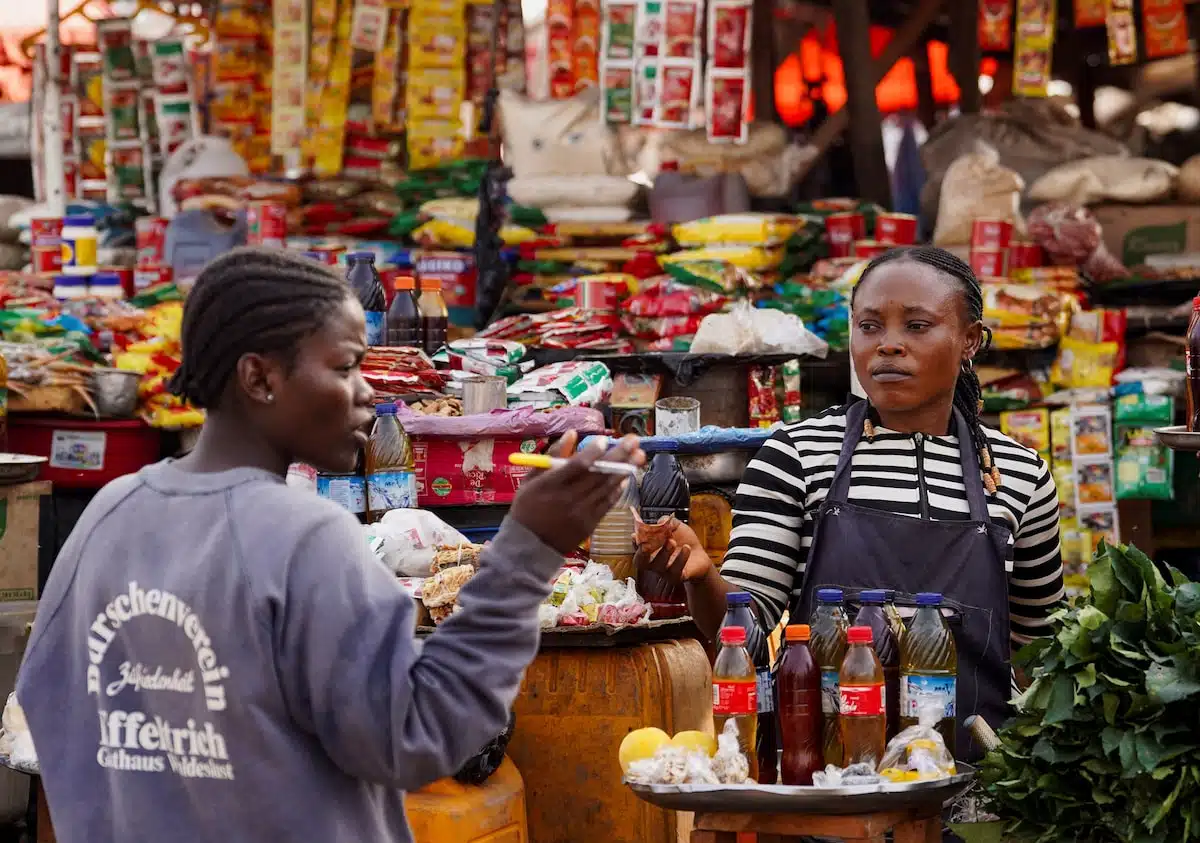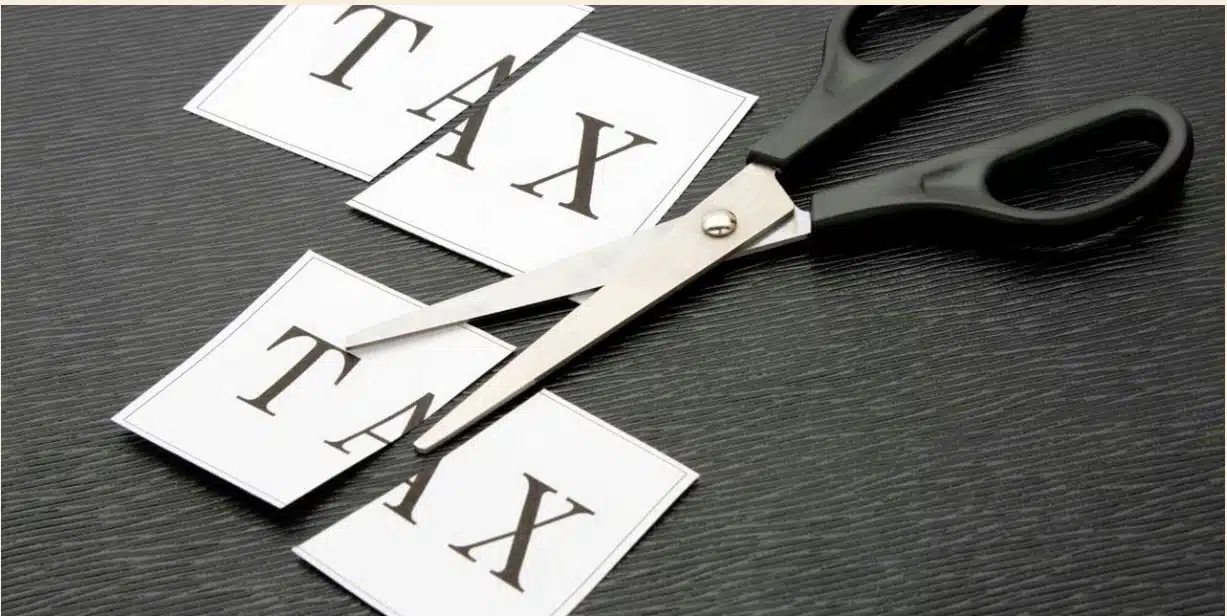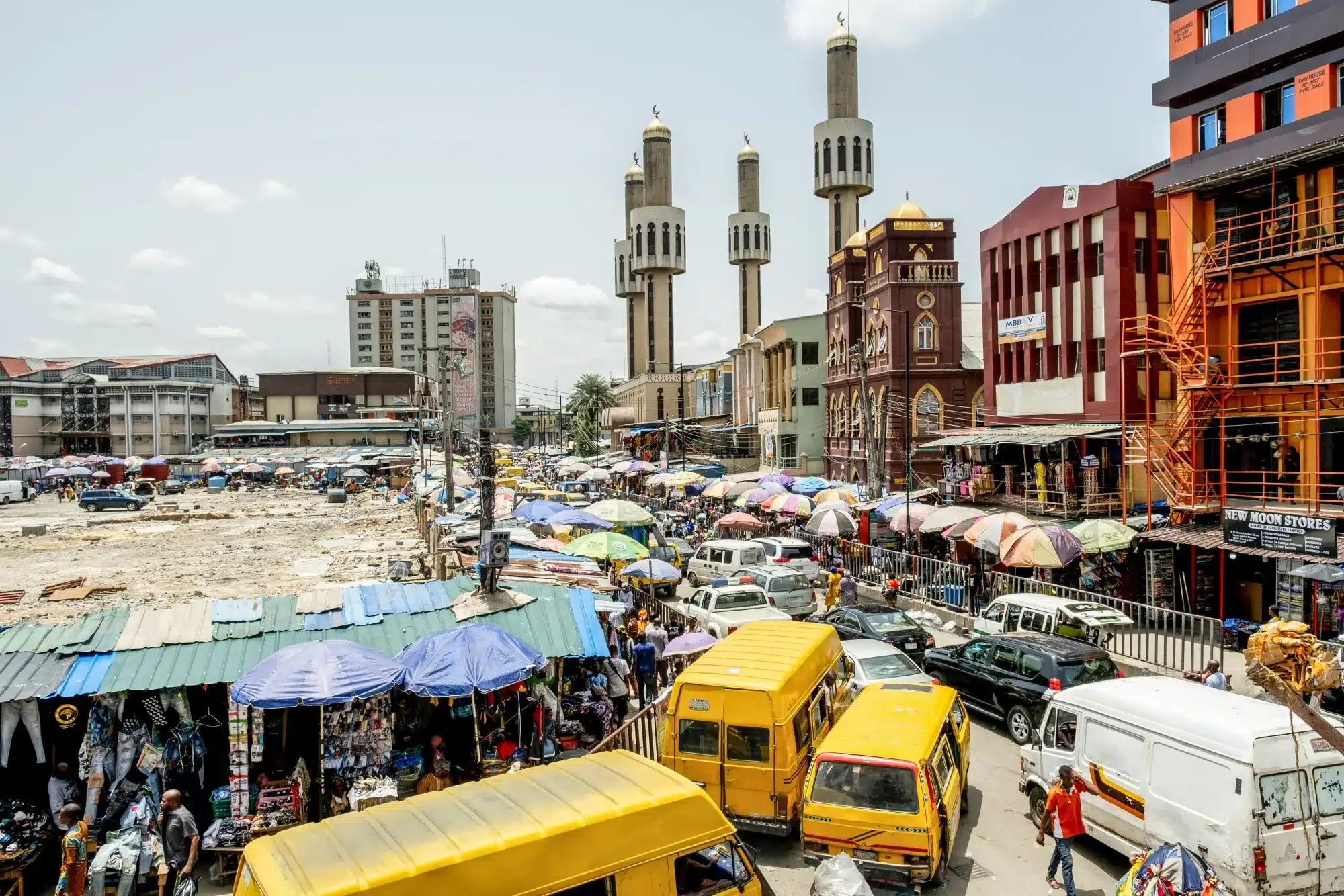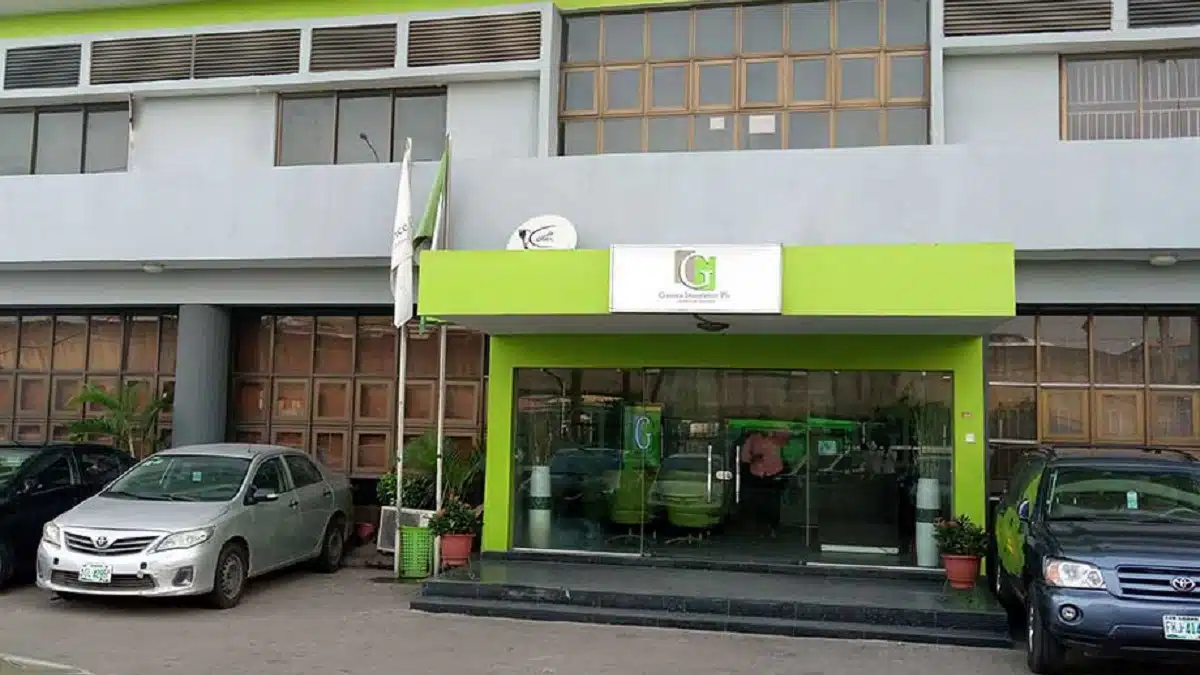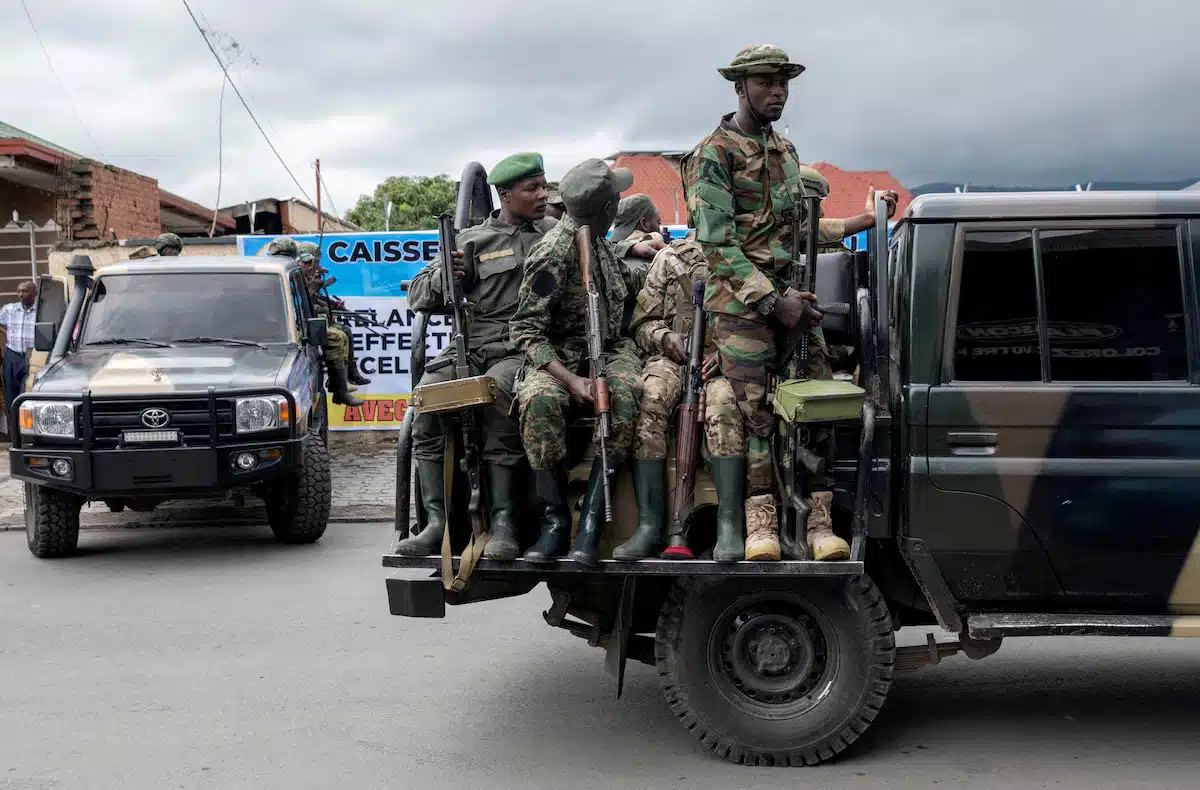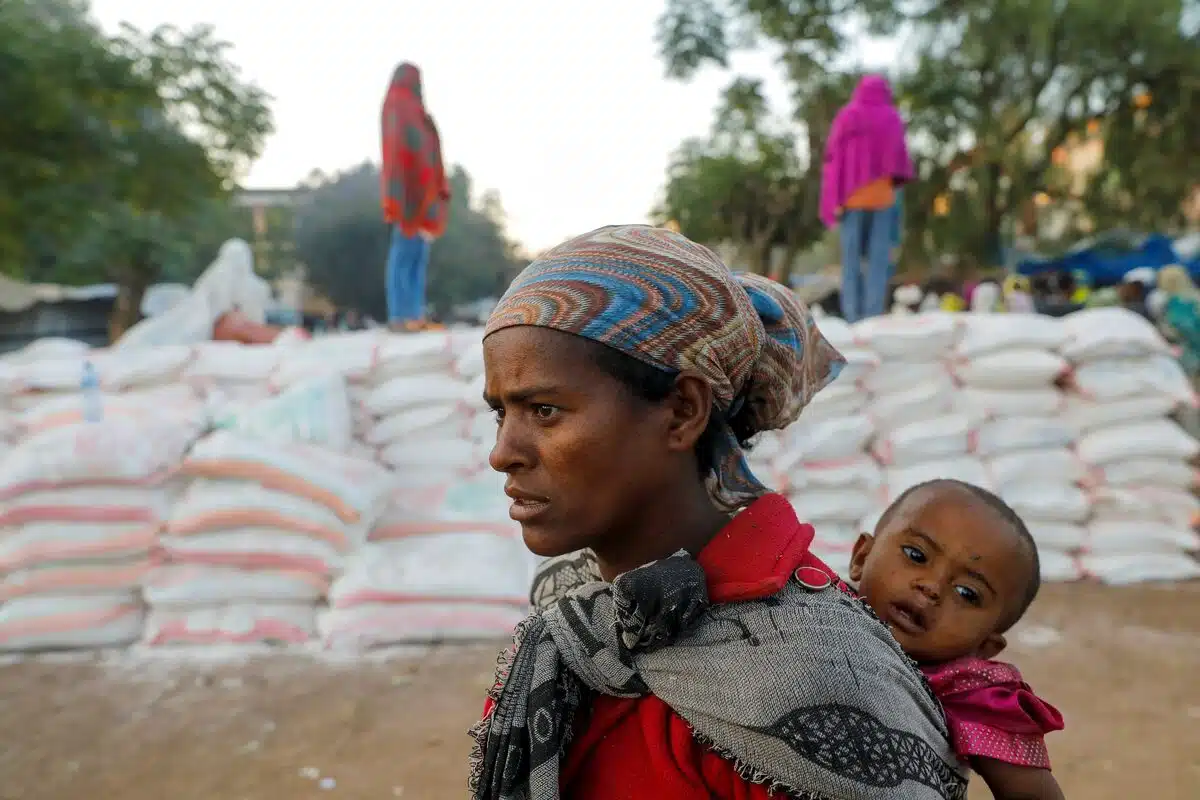South Africa’s budget process faces fresh uncertainty as the Economic Freedom Fighters (EFF) moves to block a crucial parliamentary vote, raising concerns among investors already wary of the country’s fragile fiscal outlook.
In a letter to National Assembly Speaker Thoko Didiza received on Wednesday, the EFF argued that Tuesday’s approval of the fiscal framework by the Standing Committee on Finance was “procedurally defective and vulnerable to legal challenge.”
The opposition party demanded that the committee’s report be withdrawn and Wednesday’s parliamentary vote be postponed. It also threatened legal action if its demands were ignored.
This latest development adds another layer of complexity to an already contentious budget process.
The ruling African National Congress (ANC) secured committee approval for the fiscal framework on Tuesday with the support of ActionSA, a small party outside the coalition.
However, the ANC’s main coalition partner, the Democratic Alliance (DA), has refused to back the budget without greater influence over economic policymaking.
At the heart of the dispute are revenue-generating measures, including a proposed increase in value-added tax (VAT) and the decision not to adjust personal income tax brackets for inflation.
While the committee endorsed the fiscal framework, it urged the National Treasury to revisit these concerns and provide a response within 30 days.
The impasse has unsettled financial markets. The rand weakened 0.5% to 18.57 per dollar by midday Wednesday, heading for its lowest close in over a month.
The premium on one-month options to sell the currency rose to the highest level since June, reflecting growing hedging demand against further depreciation.
Bond markets also reacted negatively. The yield on benchmark 2035 government bonds climbed 17 basis points to 10.77%, a five-month high.
Meanwhile, the cost of insuring South Africa’s debt through credit-default swaps surged to a 10-month high, highlighting rising concerns over fiscal stability.
The ANC has reportedly made a final offer to the DA, proposing to limit the VAT hike to 0.5 percentage points this year instead of two staggered increases over two years.
However, the deal does not include the DA’s key demands, such as an enhanced role for its deputy finance minister or an advisory committee on health insurance policy.
With the ANC and DA deadlocked, and opposition parties ramping up legal threats, the path forward for the budget remains uncertain.
Investors will be watching closely, as the outcome could shape the coalition’s stability and South Africa’s broader economic trajectory.

